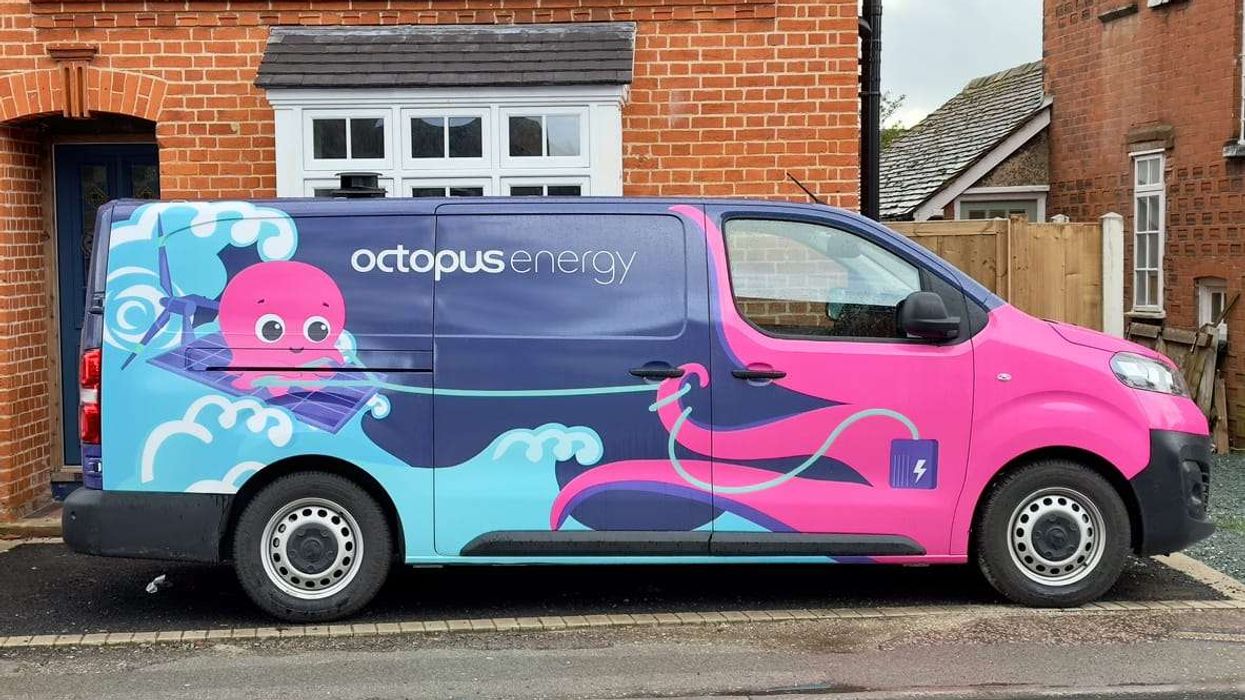NEARLY two-thirds of people tested in India have shown exposure to the coronavirus, a chain of private laboratories said on Wednesday (19), indicating a runaway spread of the virus as the daily death toll rose to a record 4,529.
India reported 267,334 new daily infections on Wednesday (19), taking its tally to 25.5 million, with a death toll of 283,248, health ministry data showed.
For months, nowhere in the world has been hit harder than India by the pandemic, as a new variant found there fuelled a surge of up to more than 400,000 new infections a day.
Only the United States has had more cases, or a worse single day death toll, when it lost 5,444 people on Feb. 12, a Reuters tracker shows.
But even with a downturn in the number of new cases in India over the past few days, if not in deaths, experts said there was no certainty that infections had peaked.
It is widely accepted that the official figures grossly underestimate the real impact of the pandemic, with some experts saying infections and deaths could be five to 10 times higher.
There are fears that the new, highly infectious variant is out of control and that many cases are going unreported because of lack of testing, particularly in the vast countryside.
Data from Thyrocare, a chain of private laboratories, appeared to back up those fears, showing that 63.5 per cent of people tested positive for Covid-19 antibodies on average over the last seven days, up from 45 per cent a month ago.
The data from 25 states included individuals who were infected in the past, vaccinated, uninfected and those who had not been vaccinated, the company's chief executive Arokiaswamy Velumani said on Twitter.
Modi's popularity
Daily testing hit a record 2 million on Tuesday (18), figures from the state-run Indian Council of Medical Research showed.
India performed 224 tests for every 1,000 of its population in a single day this month, according to estimates by research firm GlobalData. This compared with 1,307 tests per 1,000 of population in the United States on the same day, the firm said.
Meanwhile, prime minister Narendra Modi's popularity has fallen to 63 per cent, its lowest since US data intelligence firm Morning Consult began tracking it in 2019, amid criticism of his government's handling of the pandemic.
In the last few weeks due to the surge in cases, hospitals have had to turn patients away while mortuaries and crematoriums have been unable to cope with bodies piling up.
Photographs and television images of funeral pyres burning in parking lots and corpses washing up on the banks of the Ganges river have fuelled impatience with the government's handling of the crisis.
India is the world's largest vaccine maker, but criticism has also mounted over a slow vaccination campaign, plagued by a lack of supplies.
The government said about 98 per cent of the population of 1.3 billion remained susceptible to infections.
India halted vaccine exports a month ago after donating or selling more than 66 million doses, and government sources told Reuters it was unlikely to resume major exports of vaccines until at least October, as it prioritises domestic needs.
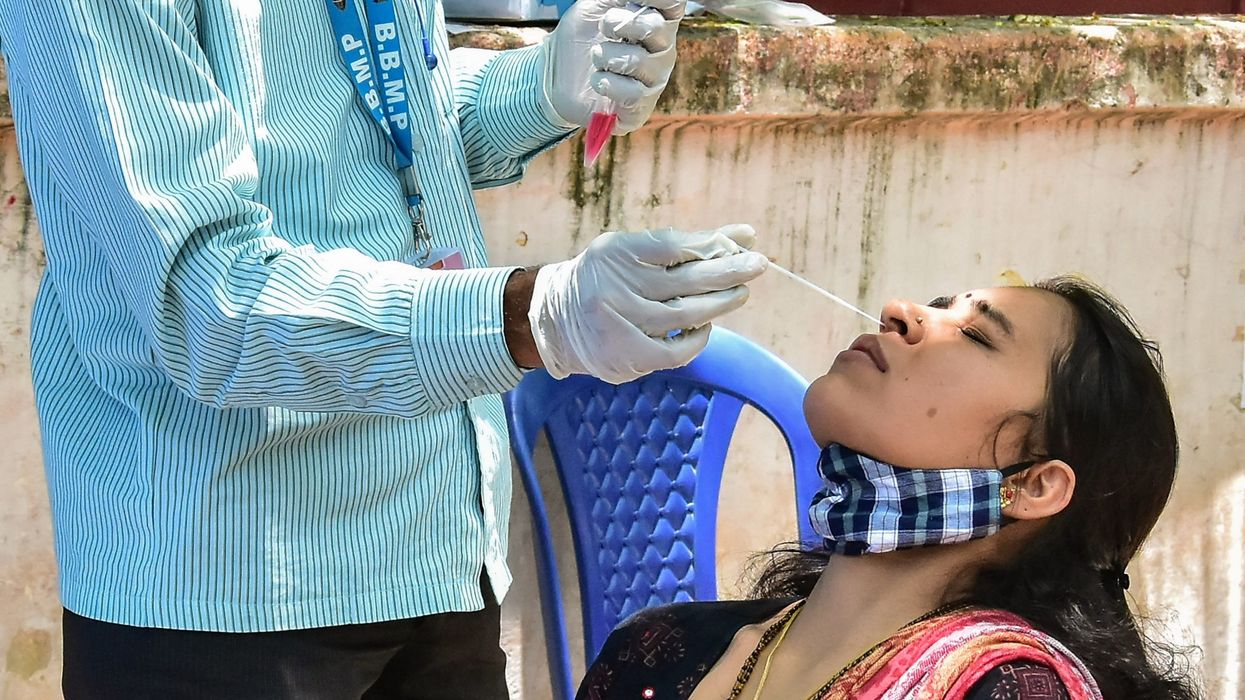




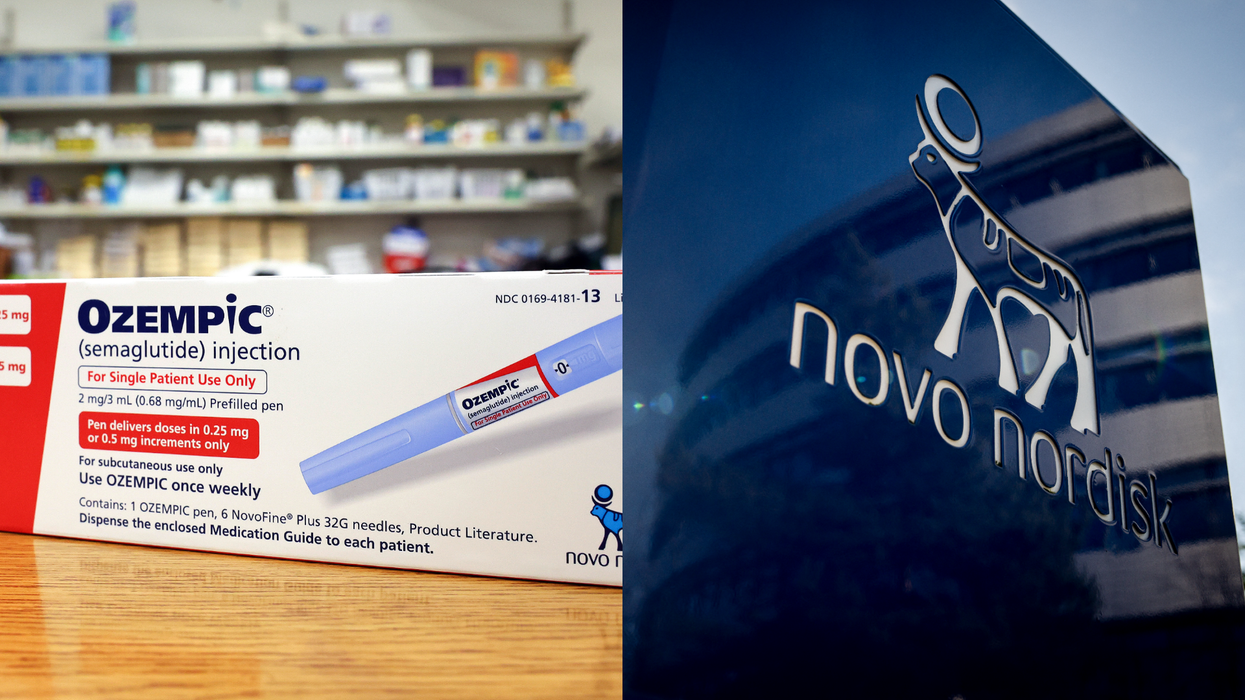
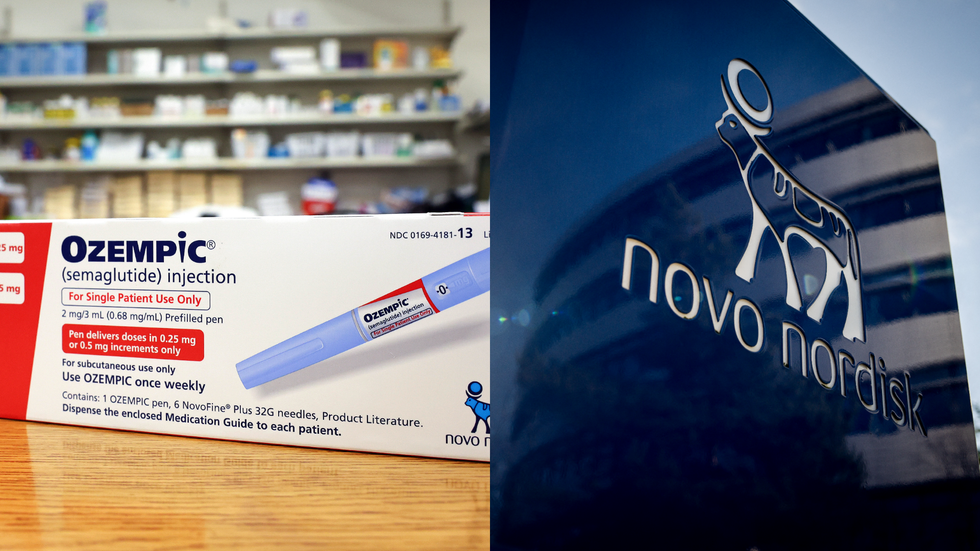 Novo Nordisk launches Ozempic in India as diabetes cases climb Getty Images
Novo Nordisk launches Ozempic in India as diabetes cases climb Getty Images  Ozempic weekly pens now available in India for type 2 diabetesiStock
Ozempic weekly pens now available in India for type 2 diabetesiStock  India gets Ozempic as obesity and diabetes numbers riseiStock
India gets Ozempic as obesity and diabetes numbers riseiStock 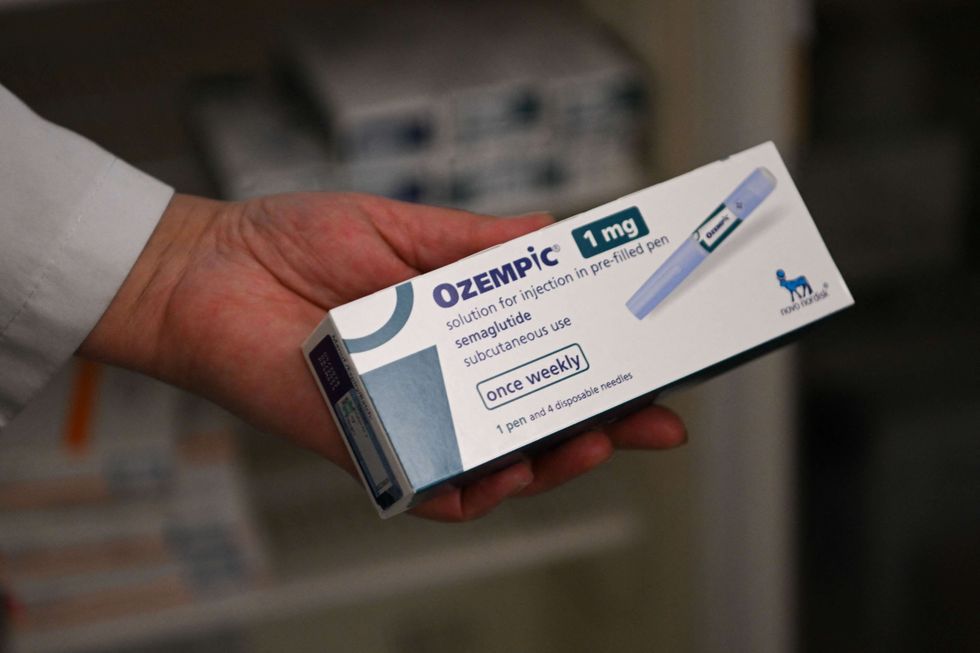 Doctors say Ozempic helps blood sugar and weight management in adultsiStock
Doctors say Ozempic helps blood sugar and weight management in adultsiStock




